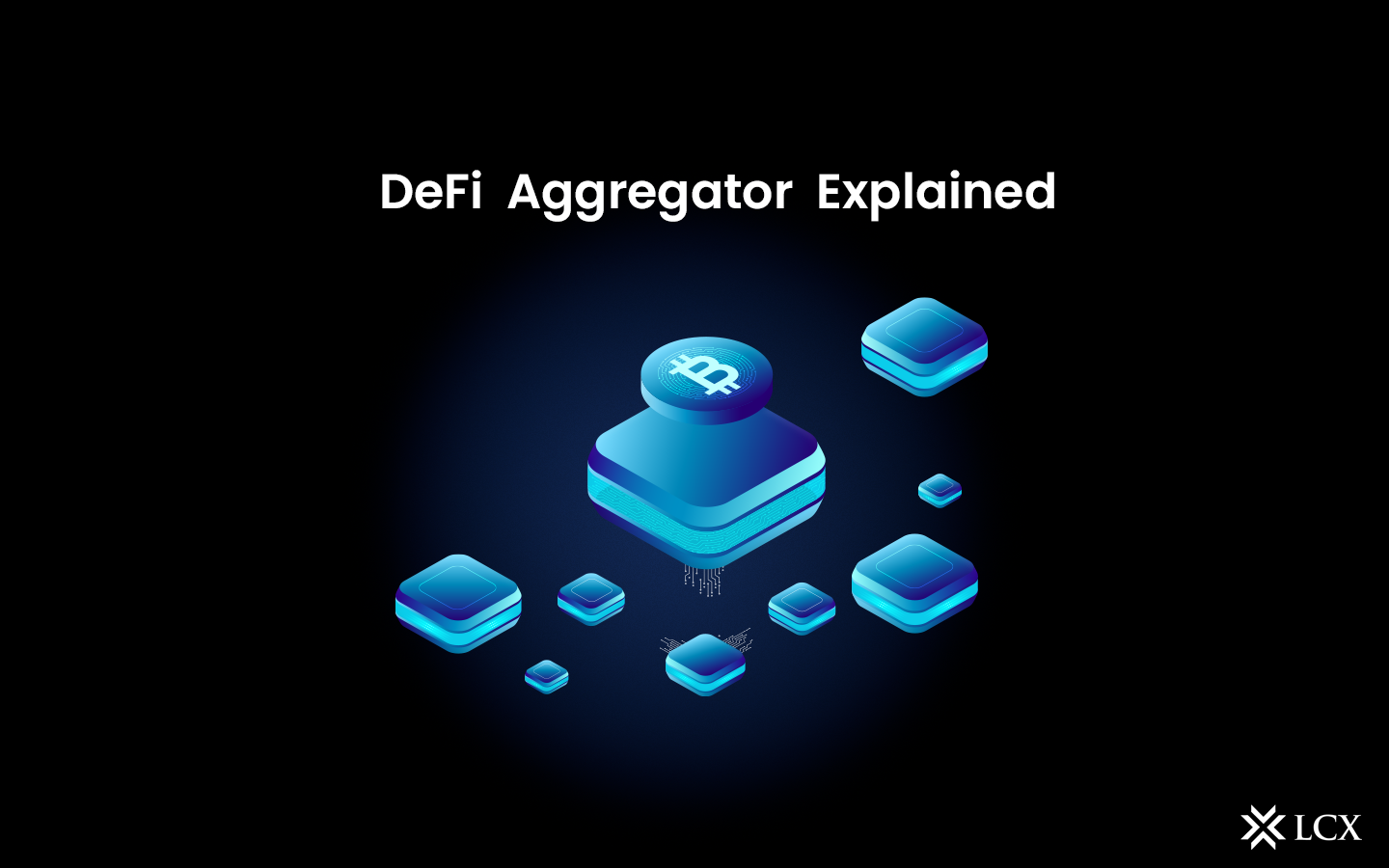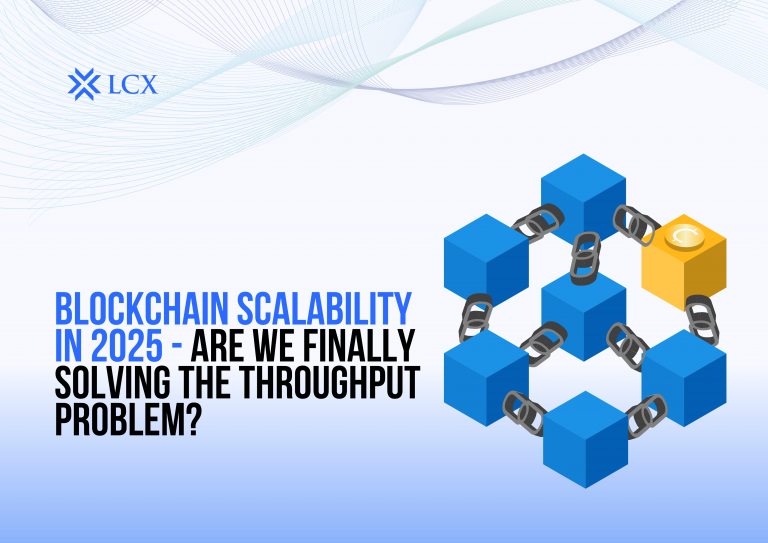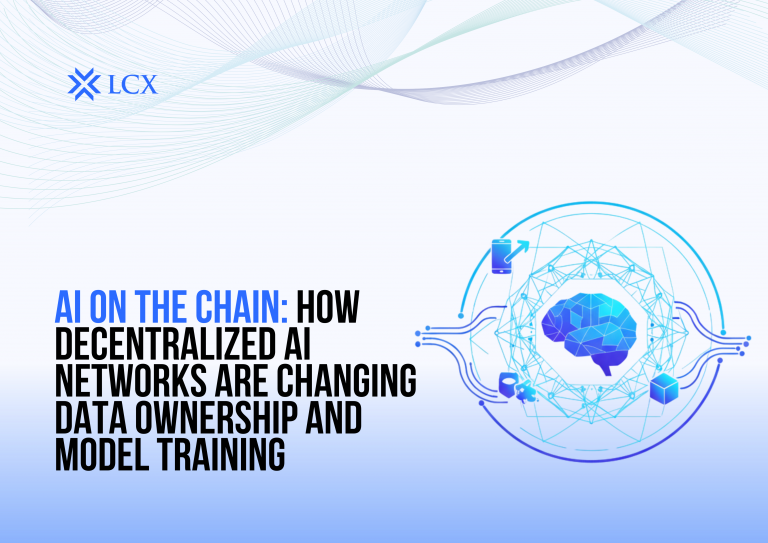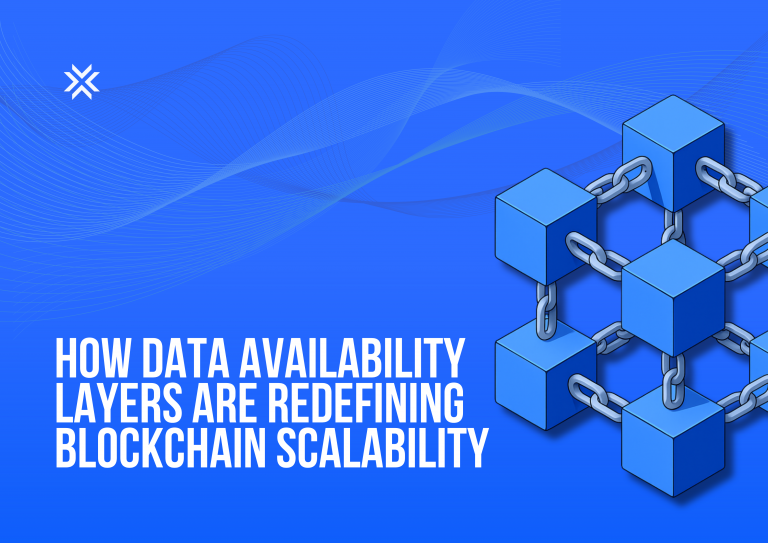Introduction
The rise of decentralized finance (DeFi) has revolutionized the financial landscape, offering new opportunities for individuals to access financial services trustlessly and without permission. Decentralized finance is part of a larger decentralization movement that promotes global financial products that are transparent, open-access, and non-custodial.
Decentralized finance is dispersed across blockchains such as Ethereum and Binance Smart Chain, with an ecosystem of isolated financial protocols within each blockchain. While these individual protocols offer excellent returns on lending crypto, part of the allure of DeFi is the ability to exchange, sell, and trade crypto at the best rates, which can be difficult when financial information is distributed across multiple protocols.
Enter DeFi aggregators, which consolidate trades across decentralized exchanges (DEXs), sparing users’ time and improving the efficiency of their transactions. DeFi aggregators serve as gateways to a plethora of decentralized financial products and services.
Understanding DeFi Aggregators
DeFi aggregators are platforms or protocols that aim to simplify and streamline the process of accessing multiple decentralized finance applications and services. They act as intermediaries, consolidating liquidity, data, and functionality from various decentralized platforms, such as decentralized exchanges (DEXs), lending protocols, yield farms, and more. By doing so, they enable users to access and manage diverse DeFi offerings through a single interface.
The Functionality of DeFi Aggregators
Liquidity Aggregation: DeFi aggregators act as intermediaries, pooling liquidity from various decentralized exchanges and protocols. By doing so, they enhance liquidity provision and improve trading efficiency, allowing users to access competitive prices and minimize slippage.
Optimal Route Planning: DeFi aggregators utilize sophisticated algorithms to identify the most cost-effective and efficient routes for users’ transactions. By scanning different liquidity pools and DEXs, they optimize the execution of trades, considering factors such as gas fees, token availability, and trading volumes.
Yield Optimization: DeFi aggregators empower users to maximize their yield-generating potential. By leveraging their integration with lending platforms and yield farming protocols, aggregators automatically allocate users’ funds to the most lucrative opportunities, optimizing returns while minimizing risk.
Simplified User Experience: One of the key advantages of DeFi aggregators is their ability to simplify the user experience. Instead of interacting with multiple protocols individually, users can access a wide array of DeFi services through a single platform. Aggregators often provide user-friendly interfaces, reducing the barriers to entry and making DeFi more accessible to the masses.
Advanced Strategies: Some DeFi aggregators provide additional features such as automated portfolio rebalancing, yield farming optimization, and smart order routing. These advanced strategies help users maximize their returns and manage risk effectively.
Challenges and Future Outlook
While DeFi aggregators offer numerous benefits, they are not without challenges. Regulatory uncertainties, smart contract vulnerabilities, and potential market manipulations pose risks that need to be addressed. Additionally, ensuring the security of user funds and protecting against potential hacks remains a significant concern.
Looking ahead, DeFi aggregators will continue evolving, incorporating advanced features such as portfolio management, decentralized identity solutions, and cross-chain interoperability. Moreover, as traditional finance gradually merges with decentralized finance, DeFi aggregators may play a crucial role in bridging the gap, allowing users to seamlessly transition between the two worlds.
Conclusion:
DeFi aggregators represent a major step forward in the evolution of decentralized finance, providing users with a more streamlined and efficient way to interact with multiple protocols and services. By aggregating liquidity and functionality, these platforms empower users to make informed decisions and access the benefits of DeFi more easily. As the DeFi space continues to mature, we can expect DeFi aggregators to become an integral part of the ecosystem, unlocking new possibilities for the future of finance.










